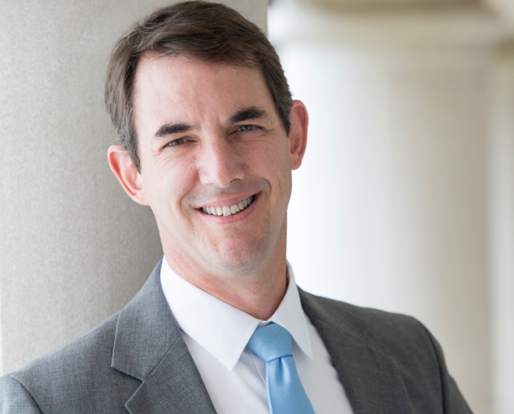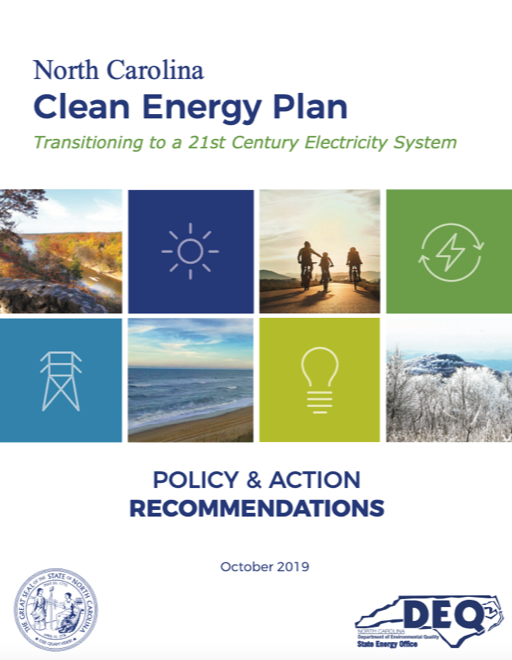Jonas Monast is the C. Boyden Gray Distinguished Fellow, Assistant Professor and Director of the Center on Climate, Energy, Environment & Economics (CE3) at the UNC School of Law.
Editor’s Note: During the spring of 2020 the UNC Institute for the Environment (IE) and the UNC School of Law’s Center on Climate, Energy, Environment & Economics (CE3) formed a partnership that will allow for cross-cutting work between IE and CE3. The partnership will allow for:
- greater educational and research opportunities for undergraduate students interested in environmental and energy law issues; and
- a mechanism to conduct increased public engagement on timely environmental and energy research underway at Carolina.
State Action on Climate Change
The record setting hurricane season in the Atlantic and fire season in the western U.S. are stark reminders of the need to simultaneously adapt to a changing climate and reduce greenhouse gas emissions to mitigate the long-term impacts. Without quick, effective actions, the human and ecological toll will continue to rise. UNC’s Center for Climate, Energy, Environment, and Economics (CE3) is helping to inform our state’s policy responses.
In the aftermath of the devastating Hurricane Florence, Governor Roy Cooper issued Executive Order 80 to “address climate change and transition to a clean energy economy.” The order initiated a series of adaptation and mitigation efforts in the state, including a plan to expand clean energy resources. The N.C. Department of Environmental Quality (DEQ) released the Clean Energy Plan in October 2019.
Decarbonizing the state’s electricity sector is a key pillar of the plan. The Clean Energy Plan includes two specific targets: reducing greenhouse gas emissions 70% below 2005 emission levels by 2030 and achieving net carbon neutrality by 2050. DEQ identified four broad policy options to reach the targets:
- accelerated retirement of coal-fired power plants,
- a market-based carbon reduction program,
- clean energy policies (such as a clean energy standard), and
- a combination of these policies.
Utilizing Academic Expertise to Evaluate Clean Energy Options
At DEQ’s request, CE3 and Duke University’s Nicholas Institute for Environmental Policy Solutions are completing a detailed analysis of each of the Clean Energy Plan’s decarbonization options. The project involves three key steps.
Stakeholder Engagement
First, the research team is engaging a broad group of North Carolina stakeholders to help frame specific policy pathways for analysis and identify important considerations for the state. Participants include representatives from environmental and consumer protection organizations, the renewable and industrial sectors, state agencies, electric utilities and cooperatives, and universities. We are also conducting virtual public meetings to provide project updates and solicit feedback.
Economic Modeling
Second, the research team is evaluating a range of state-based climate policies using electricity sector models developed by the Nicholas Institute and the consulting firm ICF.
Policy Analysis
Third, we are comparing the policy options using seven “core values” identified in the Clean Energy Plan: significant and timely decline in greenhouse gas emissions, affordable electricity rates, expanded clean energy resources, compliance flexibility, equity, and grid reliability. Modeling projections will address some of these values, such as emission impacts, impacts on electricity rates, and changes to the changes to the state’s energy mix. The research team is elaborating on other values based on policies in other states and stakeholder feedback.
CE3 and the Nicholas Institute will publish the final report in December 2020.



